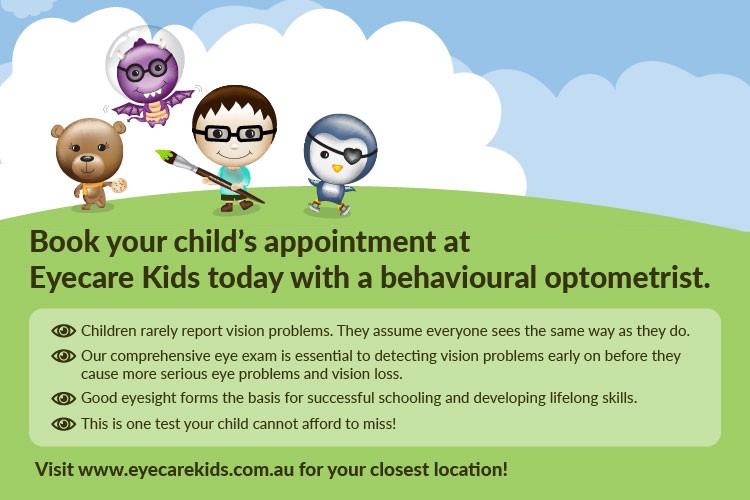Eleven year old, Johnathan from Maroubra, is about to start high-school with clear vision. Johnathan is bright, articulate and sporty but he is significantly short-sighted and until recently relied heavily on glasses, only being able to see clearly for a couple of meters without them. Thanks to a technique called Orthokeratology (Ortho-k for short); Johnathan can now see clearly – without his glasses.
Ortho-K involves Johnathan wearing special, hard contact lenses overnight that reshape his cornea. Each morning he removes the lenses and enjoys almost perfect vision all day.
“I love playing basketball, tennis and soccer and with Ortho-k I can see the ball without having to wear glasses!” Johnathan remarked. He admitted to sometimes feeling nervous when swimming and diving without his glasses and expressed his relief at now being able to see clearly when in the pool.
Myopia (short-sightedness) affects 3.5 million Australians and is set to increase over coming years. Until recently, it was thought 8% of children are short-sighted, a figure that increased to 17% by the time they are teenagers. The latest prevalence study shows that around 31% of school age children are now short-sighted. Often, myopia develops in primary school, and if uncorrected can have a significant impact on their education and social development, as well as potentially leading to sight-threatening conditions. What is frightening is the current prevalence of some asian countries like, Taiwan, Korea and Singapore, where up to 90% of students struggle with myopia. Australia is certainly appears to be catching up. The World Health Organisation (WHO) has predicted that half the world will be myopic by 2050.
“I was worried that Johnathan’s education was suffering when I realised that he was struggling to see the whiteboard at school and found it hard to focus and copy from it”, explained Johnathan’s mum Catherine . “Johnathan didn’t like wearing his glasses and constantly readjusted them which I worried was a distraction when he was studying; so when a friend told me about ortho-k I did some research on the Internet and found a child-focused optometrist that offered it. Since starting ortho-k, Johnathan is much more focused on his studies – it’s definitely a long-term solution for us”.
SooJin fitted Johnathan with ortho-k lenses and his vision improved significantly after wearing them for only a few days. “Ortho-k was the perfect solution for Johnathan – he no longer has to wear glasses every day and worry about the dangers of wearing glasses while playing sport. During the summer many kids will spend a significant amount of time playing sport and cooling off in the pool or sea. Ortho-k is a great solution – kids can splash around and see clearly above and below the surface with no worry about having to take their glasses off before they jump into the pool or concern about wearing contact lenses in the water.
The biggest benefit of wearing ortho-k lenses is the fact that it has been proven to slow down the progression of myopia by up to 100%. That means that in Johnathan’s case, statistically, he may not get any worse in his prescription and at the very least, he will have slowed down his spectacle prescription by up to 50%. Whilst the range of prescription that can be corrected by ortho-k has significantly expanded in recent years, not all eyes or children are suitable for this procedure and parents are recommended to have a discussion about the best myopia control option that fits with their family life.
Optometrists Association Australia recommends that children have a full eye examination with an optometrist before starting school and at least every two years thereafter. Eye examinations usually attract a Medicare rebate and no referral is required.

